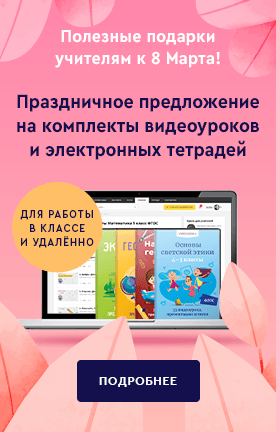Данный поурочный план по английскому языку на тему "Travelling" в 8 классах будет полезен для учителей, ведущих иностранный язык в средней школе.Поурочный план является хорошим стартом для вводных занятий в разделе UNIT: Travel and Transport (Language with content).
Создайте Ваш сайт учителя Видеоуроки Олимпиады Вебинары для учителей
Lesson plan "Travelling"
Вы уже знаете о суперспособностях современного учителя?
Тратить минимум сил на подготовку и проведение уроков.
Быстро и объективно проверять знания учащихся.
Сделать изучение нового материала максимально понятным.
Избавить себя от подбора заданий и их проверки после уроков.
Наладить дисциплину на своих уроках.
Получить возможность работать творчески.
Просмотр содержимого документа
«Lesson plan "Travelling"»
Полезное для учителя
Распродажа видеоуроков!
1510 руб.
2510 руб.
1850 руб.
3080 руб.
1610 руб.
2690 руб.
1510 руб.
2510 руб.
ПОЛУЧИТЕ СВИДЕТЕЛЬСТВО МГНОВЕННО
* Свидетельство о публикации выдается БЕСПЛАТНО, СРАЗУ же после добавления Вами Вашей работы на сайт
Удобный поиск материалов для учителей
Проверка свидетельства
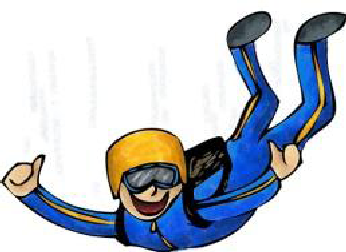
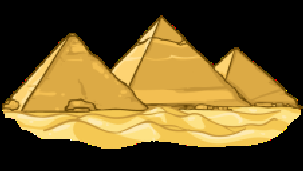
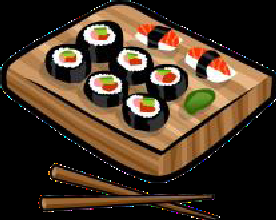
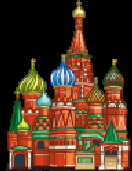
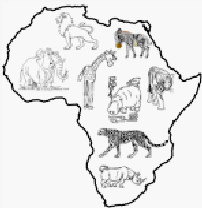
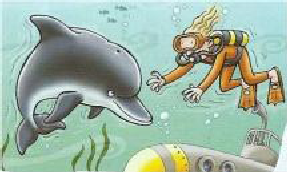 6. swim next to dolphins (when I was 21)
6. swim next to dolphins (when I was 21)









